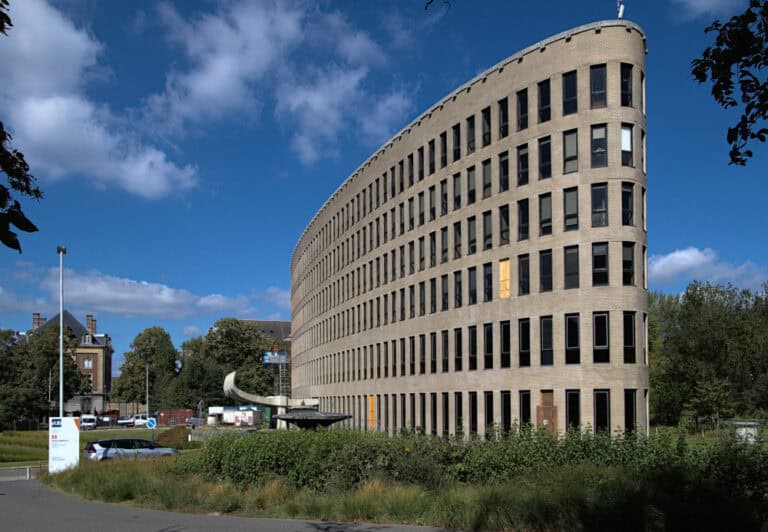The Vrije Universiteit Brussel has officially put the new Flemish Tier-1 supercomputer Sofia into operation. For the first time in history, the VUB will manage the Flemish supercomputer, located at the Nexus Data Center in Zellik, for the next 6 years. The investment of 8.6 million euros should help Flanders further in AI and HPC research.
The Flemish government is investing €8.6 million in Sofia, which was developed by NEC. The system was selected primarily for its energy efficiency. “The new supercomputer delivers the highest computing power with the lowest energy consumption in the tender,” explained Minister-President Matthias Diependaele during the inauguration.
Until now, the universities of Ghent and Leuven managed the Flemish Supercomputer Center (VSC). Technology is evolving rapidly, so a new supercomputer must be purchased regularly. The Flemish government therefore decided to assign its operation to a different Flemish university every six years.
Cooling with liquid instead of air
The current generation of supercomputers contains many more graphics processing units than before. These are crucial for AI applications because they can perform many calculations simultaneously. The disadvantage? They require much more cooling. Simply supplying cool air and removing warm air is no longer sufficient.
The Nexus data center in Zellik is designed for the liquid-cooling Sofia needs. With a Power Usage Effectiveness of approximately 1.2, Nexus is currently one of the most efficient data centers in Belgium.
The applications are wide-ranging. Think of training AI models, simulating chemical reactions, climate modeling, and weather calculations. “The supercomputer will be used to develop models that can lead to interesting innovations,” says Karin Voets, CIO of the VUB. “This could range from simulations of watercourses and weather models to predict when another water bomb might occur, to creating AI models to predict defects in steel cables in good time.”
Both researchers and companies can submit projects. The VUB is aiming for an occupancy rate of 80 percent. The name Sofia is inspired by the Greek word ‘sophia’, meaning wisdom. “With great power comes great responsibility,” says Rector Jan Danckaert. “We have chosen a name that will remind us every day that enormous computing power must be accompanied by great responsibility.”
